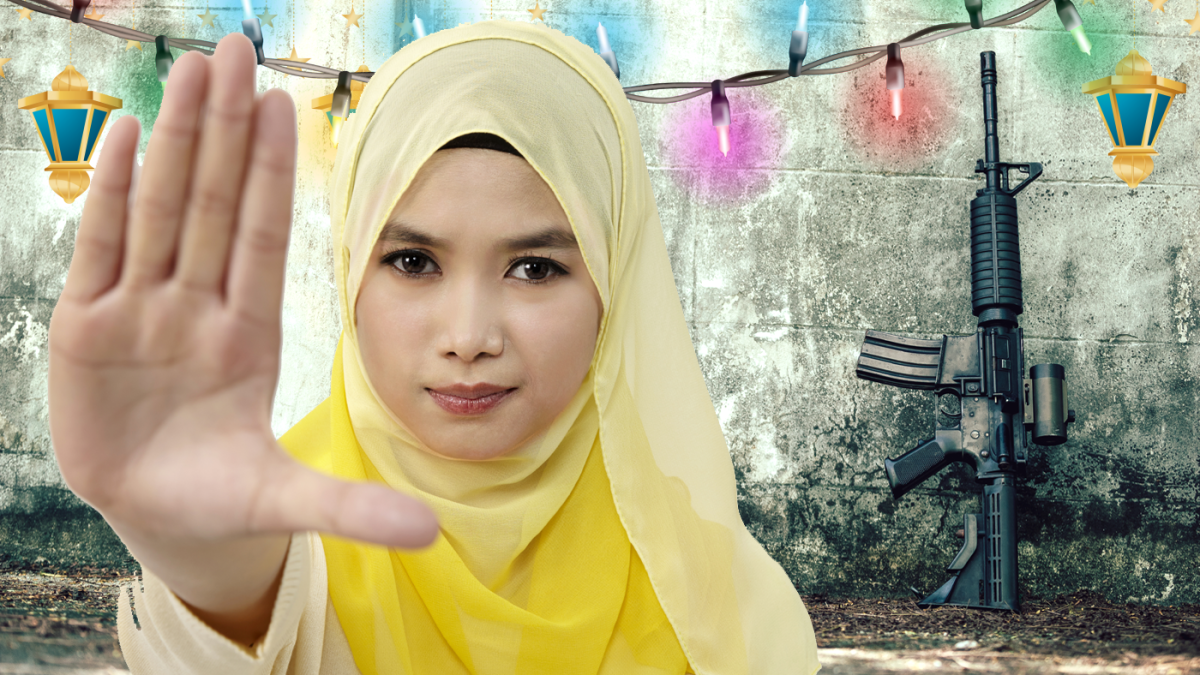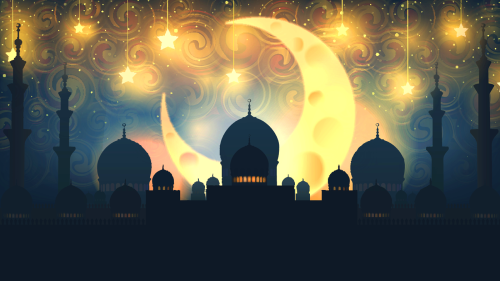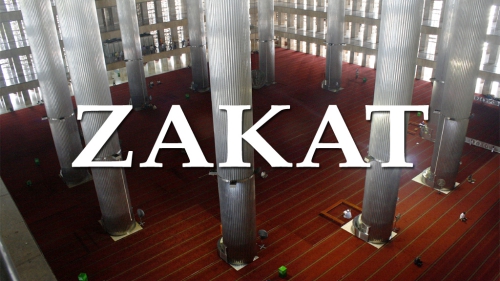Daesh: Stop making Ramadan a month of bloodshed

For the vast majority of Muslims, Ramadan is a month of spirituality, peace, tolerance and civilizational building. But a vocal, and destructive minority of extremists disagree. For them, Ramadan is a month of bloodshed.
For them, co-ordinating indiscriminate attacks during a month of personal reflection and social solidarity is not a coincidence - it is a strategy. This year on the first day of Ramadan, Daesh suicide bombers killed three entire families of worshippers in the churches of Surabaya, Indonesia. Another attack targeted a cricket “Ramadan Cup” in eastern Afghanistan left 8 dead and 85 wounded. Last year, they targeted the Great Mosque of Mecca (perhaps the single best example of their enmity with the normative religion of Islam). And that was not without precedent: in the past, there were even foiled Daesh plot against the Prophet’s Mosque in Medina.
Too often, those desperate to distance Islam from these attacks appear to deny the presence of a martial tradition in Islamic culture; a culture that goes all the way back to the Prophet’s life. But to really address the threat of terrorism in the Muslim World, we must understand how the true Islamic State - the Prophet’s settlement in Medina - combined a pragmatic defense policy with humanitarianism.
The early Muslims went to Medina - where they had claimed what we would call, in modern terms, political asylum - and returned to Mecca to confront the warlike and brutal regime which had just broken a peace pact by massacring a group of Muslims’ allies. A regime whose disregard for human rights included barbaric acts such as infanticide and systematic exploitation.
The rulers of Mecca were quickly and peacefully deposed. They must have expected a bloodbath - that was par for the course in 7th century Arabia. Instead, the Prophet told them: “Do not be confused today, may God forgive you and He is the Most Merciful. Go, you are free!”
It was an unprecedented act of amnesty and peacebuilding. And it is this history that Daesh - and their unwitting co-conspirators on the far-right - want the Muslim world to forget.
Ramadan is a season to rid ourselves of the destructive emotions, conflicts, and rivalries that destroy human relations. It is the Prophet’s soft power of love and tolerance that opened hearts - and territory.
In traditional Islam, global peace and inner peace are two sides of the same coin. But it’s the personal struggle - the spiritual jihad - that must come first. As the Prophet said: “Jihad against the self is the greater Jihad”.
Tragically, modern history and even our present are full of examples of what happens when young men want to change the world without first changing themselves - slaughtering their enemies before first slaying their own demons.
And perhaps this is why Daesh and other terrorist groups want to make Ramadan a month of terror - the last thing they want is Muslims being spiritual.
And it is only once individuals have put their own houses in order that they can start to rebuild the Islamic society and civilization that Daesh’s misplaced nostalgia abuses.
The Muslim world’s greatest institutions (including our planet’s oldest Universities, Al-Azhar, Ez-Zytouna University in Tunisia and the University of Al-Quaraouiyine in Morocco were built during the month of Ramadan. It wasn’t the hawks that made Islam great, it was the doves. Doves that built libraries, hospitals, schools, mosques, and orphanages. It’s no coincidence that Europe’s first welfare state was established by Napoleon after he encountered the Muslim equivalent “Bayt El Mal” in Egypt.
Much of this is missing in many Muslim-majority countries today: Ramadan has been removed from its context, values, and principles because of the mechanical worship.
Many parts of the Muslim world should be 'fasting' from much more than food and water. Fasting is to civilization what physics is to metaphysics - it is the microcosm to the macrocosm, where the divine meets the mundane.
There’s a lot of work to be done. If we want to reclaim the spirit of Islam we have to start by picking up the pieces.
Bashir Ahmad Ansari: Director of Dialogue and Outreach Department and Director of Voice of Wisdom Centre at the Organisation of Islamic Cooperation.

















